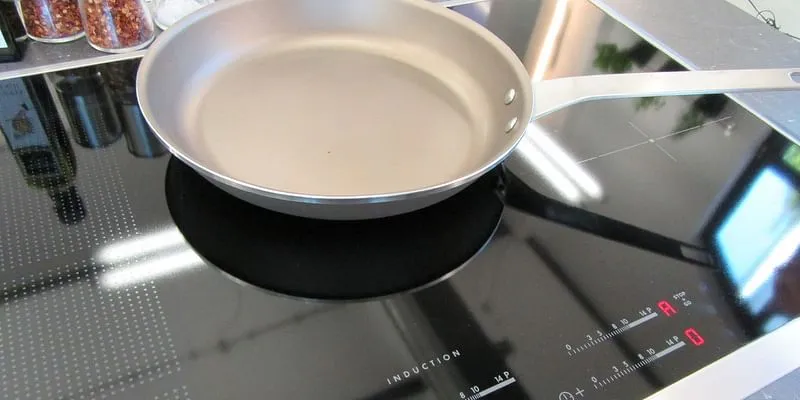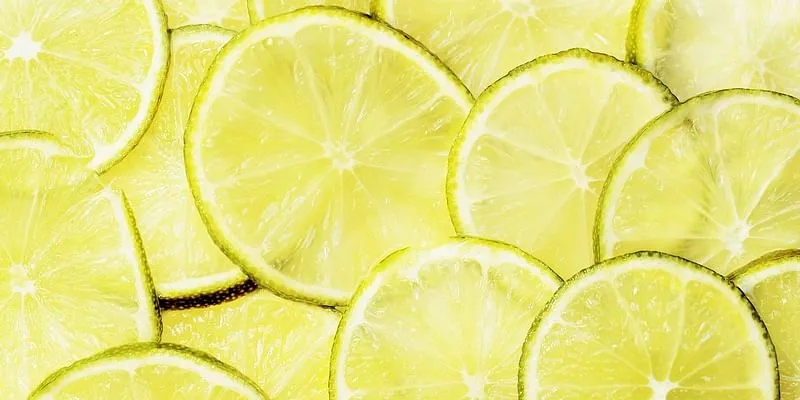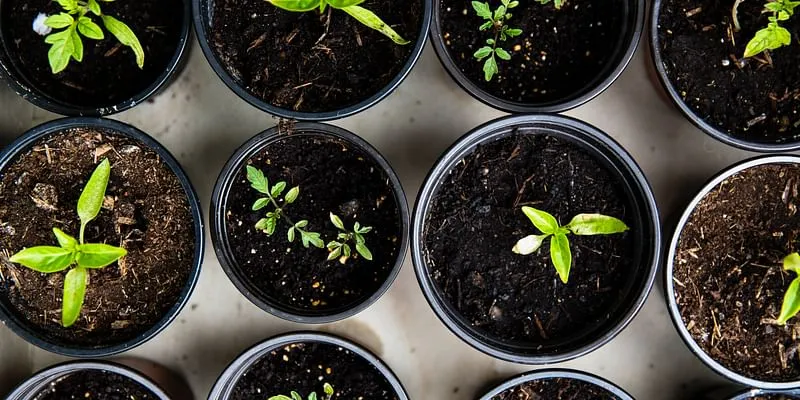Create a sustainable kitchen with these simple steps
Ensuring an eco-friendly and sustainable kitchen can go a long way to protect the environment.
Every kitchen accumulates a good share of household waste daily. Be it food waste, vegetable scraps, or takeaway boxes, the amount of trash generated is the most in the kitchen.
Additionally, high energy-consuming kitchen appliances as well as the excessive use of water will have ill effects on the environment, both in the short and long term.
If you’re planning to make your kitchen more sustainable, SocialStory lists a few tips to kickstart your green initiative.
Eco-friendly choices

Induction stove is great alternative to a traditional gas stove (Image: Pixabay)
If you’re renovating your kitchen from scratch or switching your appliances, there are a lot of eco-friendly options to choose from that are energy-efficient, and can go a long way in saving electricity.
For example, since a refrigerator has to be kept switched on at all times, shifting to an eco-friendly refrigerator with a five-star power consumption rating can go a long way.
Induction stoves are also considered earth-friendly as they are more energy efficient than gas or electric stoves.
Reducing the trash

Buy limited groceries, and products that have a longer shelf-life (Image: Unsplash)
Another step towards maintaining a sustainable kitchen is by moderating the trash. Food and vegetable waste are biodegradable, and with the right planning, can be modified into suitable manure by composting methods.
In fact, cooking at home can reduce the number of take-out boxes that are still made from low-grade plastics to reduce other non-biodegradable wastes.
Further, limit yourself to buying only the most essential items for the kitchen, which have a decent shelf life. Buying excess of vegetables and fruits, which may spoil too quickly if not consumed soon, can lead to more wastage of food. But in case there is excess produce make sure to clean and store them in airtight containers.
Reusable supplies

Reusable kitchen towels (Image: Pixabay)
Instead of using single-use tissues or paper towels to clean the kitchen surfaces, make sure to use cloth towels that can be washed and reused. Moreover, keep a backup of fresh cleaning towels and change the soiled ones regularly.
While many shops do not give out plastic bags or charge extra for a paper or cloth bag, it’s best to have your own cloth bag while doing grocery shopping.
Recycling plastics

Single-use plastic bottles can have a detrimental effect on the environment (Image: Pexels)
Be it bottles of your favourite fizzy drink or the take-out boxes of your last home-delivered meal, these low-grade plastics have to go. Many a time, you can also opt-out of ordering cutlery if you are at home, avoiding the unnecessary accumulation of plastics.
Reusing low-grade plasticware has detrimental health effects. So, if possible, try avoiding to buy items that come in this kind of packaging. However, if you still happen to get them home, find a better way to dispose them separately.
When it comes to using garbage bags, try using compostable garbage bags which are made of corn starch and can decompose easily, leaving little to no effect on the landmasses.
Natural cleaning products

Lemons can be used as a natural detergent (Image: Pixabay)
Most of the cleaning products used to disinfect kitchen surfaces have several chemicals that can infect the waterways. An alternative to such harsh products are those without harmful chemicals. However, these may have added preservatives to increase their shelf life.
Stock up on salt, white vinegar, lemon, and baking soda, which can be used as alternatives to the harsh cleaning products. These ingredients have little to no ill effects on water and do a wonderful job in cleaning, as well as disinfecting the kitchen surfaces.
Growing your own produce

Grow your own herbs and vegetable at home (Image: Unsplash)
While it is a time-consuming and nurturing process, growing your own produce in your kitchen garden is a great way to ensure a healthy cooking practice.
You can start by growing your own herbs like mint, coriander, and curry leaves, which are essential to most Indian cooking. You can also plant vegetables like tomato, chillies, and beans, which are relatively easy to grow and maintain.
In fact, you can use the vegetable and fruit scraps that are generated from your kitchen as natural manure in your kitchen garden.
Edited by Suman Singh








